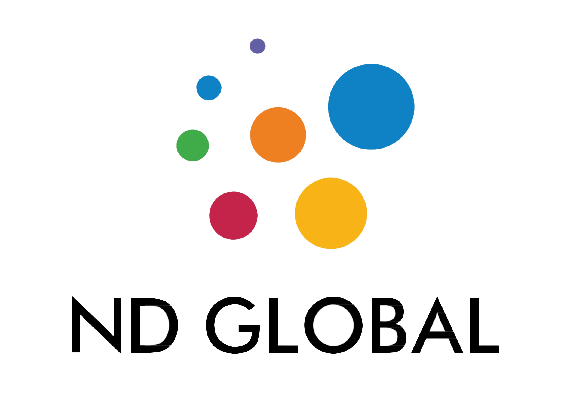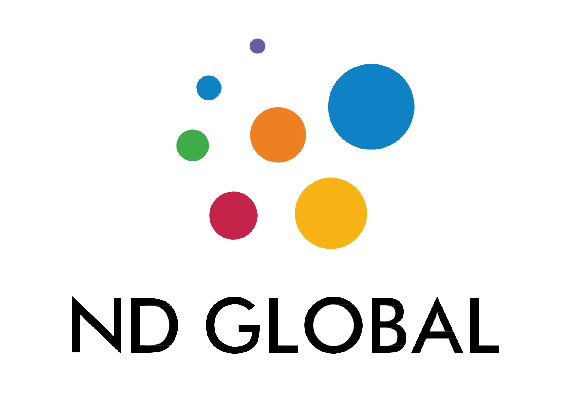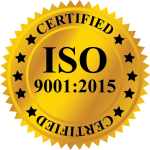The healthcare industry faces unique challenges when it comes to onboarding professionals. With tight schedules, high turnover, and the need for compliance with stringent regulations, an efficient onboarding process is not just a luxury but a necessity. A well-designed onboarding program can improve employee satisfaction, reduce turnover, and ultimately enhance patient care. Here are five proven strategies to streamline onboarding for healthcare professionals.
1. Leverage Technology for a Seamless Start
Incorporating technology into the onboarding process can save time and reduce stress for both new hires and HR teams. From automated document management to e-learning platforms, the right tools can transform onboarding into a smooth, user-friendly experience.
– Digital Onboarding Portals: Platforms like Workday or BambooHR allow new hires to complete paperwork, access training materials, and review policies online before their first day. This ensures they can focus on learning their roles once they arrive.
– E-Learning Modules: Online training courses tailored to specific roles help new staff learn at their own pace. This is particularly useful for healthcare professionals who may need to complete certifications or training on HIPAA compliance, patient handling, or specific medical equipment.
– Virtual Introductions: Video calls or pre-recorded introductions from team leaders can foster a sense of connection before day one.
By using technology, healthcare organizations can minimize administrative bottlenecks and help new hires hit the ground running.
2. Create a Structured Onboarding Timeline
An unorganized or inconsistent onboarding process can lead to confusion and frustration for new hires. A structured onboarding timeline ensures that all essential steps are completed and provides clarity for both the employee and employer.
– Pre-Onboarding: Send a welcome package with a checklist of tasks to complete before starting. This might include submitting documents, scheduling orientations, and reviewing job expectations.
– The First Week: Focus on introducing company culture, mission, and team dynamics. Include shadowing opportunities with experienced colleagues.
– The First Month: Schedule regular check-ins to assess how the new hire is adjusting. Provide feedback and address any concerns proactively.
– Ongoing Support: Beyond the first month, set milestones for skill assessments, advanced training, or role-specific certifications.
Having a clear plan in place reduces the chances of important steps being missed and helps new employees feel more secure in their roles.
3. Prioritize Role-Specific Training
Healthcare professionals often join organizations with a wealth of knowledge and experience, but every facility operates differently. Providing role-specific training is crucial for ensuring they understand your organization’s unique practices and standards.
– Customized Orientation Programs: Tailor orientation to different roles—whether it’s a nurse, physician, technician, or administrator. Focus on the tools, protocols, and workflows they’ll use daily.
– Hands-On Training: Incorporate practical sessions in real-life settings. For example, nurses might practice using facility-specific charting software or become familiar with emergency protocols.
– Mentorship Opportunities: Pair new hires with experienced staff members who can guide them through the initial adjustment period and answer questions in real time.
Role-specific training ensures new employees are confident and competent, reducing the risk of errors and increasing job satisfaction.
4. Foster a Supportive and Inclusive Culture
The healthcare environment can be stressful, especially for new hires. Cultivating a supportive and inclusive culture helps professionals feel valued and connected to their workplace.
– Peer Support Networks: Encourage teamwork by introducing new hires to peer groups or support networks. This fosters collaboration and reduces feelings of isolation.
-Diversity and Inclusion Training: Provide education on cultural competency and inclusivity to ensure all employees feel respected and supported.
– Encourage Feedback: Create a safe space for new hires to voice concerns or offer suggestions. Implementing their feedback shows that their opinions matter and helps refine the onboarding process for future hires.
When new employees feel welcomed and supported, they are more likely to stay engaged and committed to their roles.
5. Monitor and Refine the Onboarding Process
Even the most carefully designed onboarding process can benefit from regular evaluation and improvement. By tracking outcomes and gathering feedback, healthcare organizations can ensure their onboarding programs remain effective and relevant.
– Surveys and Feedback Forms: Ask new hires to share their experiences. Questions might include:
– Was the onboarding process clear and comprehensive?
– What challenges did you face during your first month?
– How can we improve the process?
– Retention Metrics: Track employee turnover rates and compare them to pre-onboarding data. A drop in turnover could indicate a successful program.
– Performance Reviews: Evaluate how quickly new hires reach desired competency levels. If there are delays, identify areas where the onboarding process could be enhanced.
Continual improvement ensures that onboarding evolves alongside the organization’s needs and industry trends.
Conclusion
Streamlining onboarding for healthcare professionals is an investment in your workforce and your organization’s success. By leveraging technology, creating structured timelines, prioritizing role-specific training, fostering inclusivity, and continuously refining processes, healthcare facilities can set new hires up for long-term success.
A smooth onboarding experience not only boosts employee morale but also ensures patients receive the highest standard of care. By prioritizing these strategies, healthcare organizations can build a workforce that’s confident, capable, and committed to excellence.
How ND Global Can Help Streamline Onboarding for Healthcare Professionals
At ND Global, we specialize in healthcare staffing solutions that go beyond recruitment. We understand that onboarding is a critical component of ensuring new hires integrate seamlessly and contribute effectively. Here’s how ND Global can help healthcare organizations streamline their onboarding processes:
1. Tailored Onboarding Solutions
ND Global works with healthcare organizations to design onboarding programs that meet their unique needs.
– Customized Training Plans: We create role-specific training modules tailored to your organization’s processes and protocols, ensuring new hires quickly adapt to their roles.
– Pre-Onboarding Assistance: Our team helps candidates complete necessary documentation, certifications, and training before their first day, minimizing delays.
With our expertise, healthcare facilities can focus on patient care while we handle the intricacies of onboarding.
2. Technology Integration
We leverage cutting-edge technology to make onboarding more efficient and user-friendly.
– Digital Onboarding Platforms: ND Global provides access to intuitive platforms that streamline administrative tasks, such as document submission and policy review.
– E-Learning Modules: Our tools include online training programs that new hires can access anytime, enabling flexible learning schedules.
By integrating advanced tools, ND Global simplifies onboarding for both employers and employees.
3. Experienced Mentorship Programs
ND Global connects new hires with experienced professionals who guide them during the onboarding process.
– Peer Pairing: We match new employees with mentors who can provide practical insights and hands-on training.
– Continuous Support: Our team stays engaged throughout the onboarding period to address any challenges or concerns that arise.
This support system ensures that new hires feel confident and valued from day one.
4. Cultural Alignment and Inclusion
ND Global emphasizes the importance of cultural fit and inclusivity in its staffing and onboarding approach.
– Diversity Training: We offer resources and guidance to foster an inclusive workplace culture.
– Candidate Screening: Our rigorous screening process ensures that professionals align with your organization’s values and work culture.
By promoting inclusivity, we help healthcare facilities build cohesive and collaborative teams.
5. Continuous Improvement Through Feedback
ND Global is committed to refining onboarding strategies based on real-world feedback and outcomes.
– Data-Driven Insights: We analyze metrics like time-to-competency and employee retention to identify areas for improvement.
– Regular Check-Ins: Our team gathers feedback from both employers and new hires to enhance the onboarding experience continuously.
This approach ensures that your onboarding process evolves to meet the changing demands of the healthcare industry.










